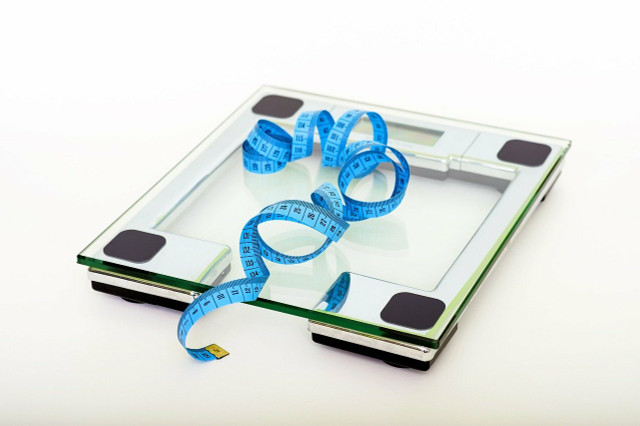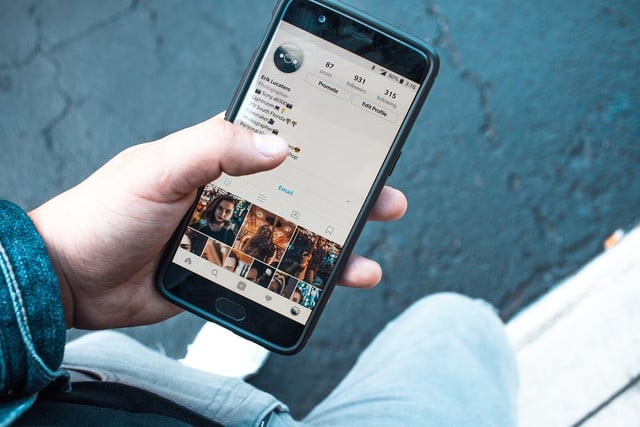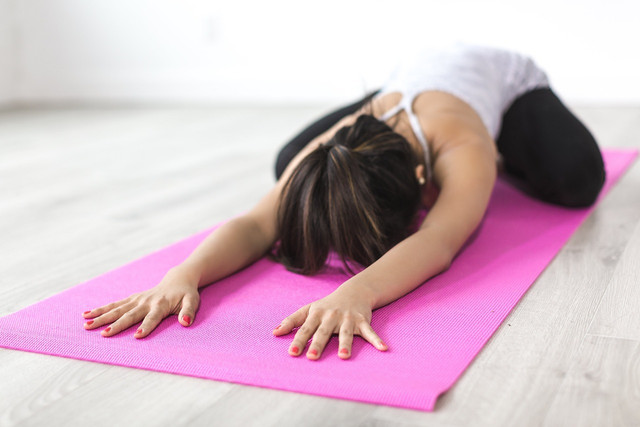The majority of us have likely been affected by diet culture: the idea that your self-worth is tied to your body. Keep reading to learn more about this toxic concept and how to resist it.
Diet culture can have devastating effects on our physical, emotional, and psychological health. Even those that have a healthy relationship with their body and a positive self-image have probably been affected by diet culture in some shape or form because it is everywhere.
The idea that your self-worth is reliant upon your looks and body shape is an idea that is perpetuated by social media, Hollywood, pop culture, and finds its ways into the deepest crevices of society.
This article outlines diet culture, its effects, where it’s most prevalent, and how to resist it.
What is Diet Culture?



Diet culture is the ubiquitous belief that your physical appearance and weight are more important than your general well-being. The normalization of diet culture penetrates many realms of life and is perpetuated by advertisements, pop culture, and art. The influence these things wield on the psyche of the general public results in specific beauty standards.
The intersections between unrealistically high beauty standards and self-image often result in self-abuse. This could manifest through engagement in eating disorders, body dysmorphia, obsessive fitness routines, poor self-image, negative self-talk, and other health issues.
Diet culture encourages a black-and-white mentality that labels certain foods and activities as bad (for example, the vilification of carbs). This mentality does not prioritize nutrition or health, only physical appearance. Through this way of thinking, one’s relationship with food can become toxic, resulting in negative psychological, social, and physical effects.
Diet culture is especially prevalent in Western cultures and even more so in affluent crevices of society where attractiveness and body type are closely associated with power and status. This mentality is unsurprisingly common among adolescents and young adults. The effects of diet culture can be incredibly harmful to the way body image is formed in these age groups.
The Role of Social Media



Social media plays an unprecedented role in influencing diet culture.
What role does social media play in diet culture?
- It distorts reality and thus our perceptions of beauty ideals. We often see heavily edited photos of models in advertisements, which reinforces unrealistic beauty standards.
- Many social media celebrities gain fame and popularity for their looks. Whether this is natural or the result of cosmetic surgery, the overconsumption of this sort of media can lead to body dismorphia.
- Exposure to these images has been associated with increased body-image dissatisfaction, lower self-esteem, and body image-related anxiety.
- Social media homogenizes beauty standards. In the past, these standards were not universal but culturally relative.
Where is Diet Culture?



Diet culture can present itself in many realms of society. Most obviously, we might see targeted ads on social media for gym memberships or fitness apps that appear to be well-meaning, but always seem to depict the same body types. This sends the message that if you can finally nail down a regular workout routine, you’ll have the ‘right’ body type.
Even health-targeted apps and businesses often use toxic language that perpetuates diet culture; language such as “detoxing” whatever ‘poor’ decisions we’ve made in eating ‘bad’ food. These types of ads are especially prevalent around the holiday season and after the New Year when many people are making resolutions about what they would like to change about themselves (another trap).
How to Resist Diet Culture



To reduce the influence of diet culture, try to reduce the time you spend consuming social media. If possible, take a month-long break from social media or take small breaks from your phone in general. Another option is to adjust your social media feed by following healthy and realistic people or pages.
Practice mindful eating. Work on your relationship with food to find joy in these routines again. When sitting down for a meal, take time to notice the difference in colors and textures of the foods on your plate and to appreciate the sustenance your body is going to enjoy. Acknowledge and think lovingly about your body for its ability to take in food and generate energy.
Be kind to yourself. This can be difficult after years of negative self-talk. If you can slowly take in your emotions compassionately and sit through them, break them down and think about why you are feeling a certain way, you can also begin to move towards a different kind of (healthier) mentality.
You may want to seek professional help. If diet culture has infiltrated certain aspects of your life, it can be incredibly difficult to get out of this paradigm on your own. Because of how deeply these ideas can affect us and our bodies, it can be dangerous or debilitating depending on where you are in your journey. A therapist, nutritionist, or general practitioner may be the right person to help guide you toward a healthier mindset and way of life.
For more on how to change your thought patterns to combat diet culture, read Body Positivity: 5 Steps Towards A Positive Body Image.
Read More:
- Mindfulness Based Stress Reduction: Living in the Present
- Intuitive Eating: The 10 Principles and How to Try It
- How to Practice Gratitude: Daily Lessons on Being Grateful
Important Information regarding Health-related Topics.
** Links to retailers marked with ** or underlined orange are partially partner links: If you buy here, you actively support Utopia.org, because we will receive a small part of the sales proceeds. More info.Do you like this post?








